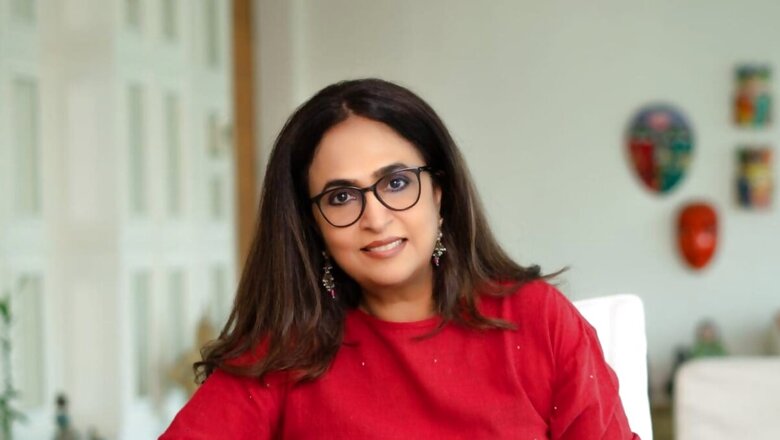
views
Growing up in a household where the radio blared out ‘Inspector Eagle’ skits, my grandmother read the epics and books in multiple languages surrounded me, I learnt very early that stories matter. I found that their beauty seeps into our memories regardless of the languages in which they are told, translated, or subtitled.
I looked forward to watching regional films on Doordarshan every Sunday afternoon and remember being transfixed by Ray’s Apu trilogy that was aired late at night along with his masterpieces like ‘Jalsaghar’, ‘Sonar Kella’, and ‘Charulata’ along with curated foreign films. Shows like ‘Ek Kahaani’ and ‘Katha Sagar’ brought to our television screens stories from different parts of the country and the world. Many decades later, I am thrilled to see that the culture of multilingual stories I so loved is expanding on a much bigger scale with OTT platforms streaming content from all over the world.
We now have access to dubbed Spanish thrillers, subtitled French films, Korean dramas as well as pan-Indian hits that speak many languages from Malayalam, Telugu, and Kannada to Tamil. In Theatre too, good stories have always travelled across linguistic divides. Vijay Tendulkar’s ‘Shantata! Court Chalu Aahe’ for instance, was written in Marathi and then went on to be translated into Hindi as ‘Khamosh! Adalat Jaari Hai’. And now it can be seen as a Zee Theatre teleplay in Kannada and Telugu on the small screen. Jaywant Dalvi’s Marathi play ‘Purush’ was staged for the first time in 1980 in Marathi and by 2001, it had been staged over 1900 times. It was then translated into Hindi and can now be watched in Kannada and Telugu as well. Needless to say, the play’s theme of gender politics and its critique of patriarchal constructs is still relevant and universally relatable.
Theatre has always been an inclusive space but I feel translation, subtitling, and dubbing have set stories free and reminded us how similar we are regardless of our distinct languages and geographies. The entertainment industry is more diverse today than ever before and is reaching hitherto unexplored demographics. I am happy to note creative synergies across industries as well. Makers are no longer restricting themselves to one talent pool and are proudly creating multilingual content.Stories after all are the bridges that connect us to each other. Having worked across various formats in cinema, television, and theatre, I have always believed that stories that are rooted in universal concerns and speak to and for all human beings cannot be restricted to just one language. For instance, a teleplay like Maa Retire Hoti Hai can make us resonate with a lonely matriarch stuck in a time warp or an overworked mother who wants to retire from household duties. It can make us go on a journey with characters who grieve, rejoice, fall in love, seek redemption, closure, or healing just like us. Regardless of the language they speak and where they come from, they are us and we are them.
And even though emotions never need a translation, it helps that we can now see ‘Hamlet’ in Marathi, Tagore’s ‘Daak Ghar’ in Hindi, and enjoy a Shakespearean
comedy like ‘Twelfth Night’ in a nautanki format, complete with song and dance. This multilingual approach does not just translate words from one language to another; it introduces one culture to another and inculcates in us the curiosity to open the door to worlds we never even knew existed. And that is why multilingual stories are changing not
just entertainment but also us, the audience.
About the author:
Spearheading ZEE Special Projects – ZEE’s content studio, Shailja Kejriwal(Chief Creative Officer, Zee Theatre) is known for launching channels like Zindagi – to bring cross-border stories across the globe and revamping the Theatre business in India with Zee Theatre – bringing theatre to TV Screens.



















Comments
0 comment